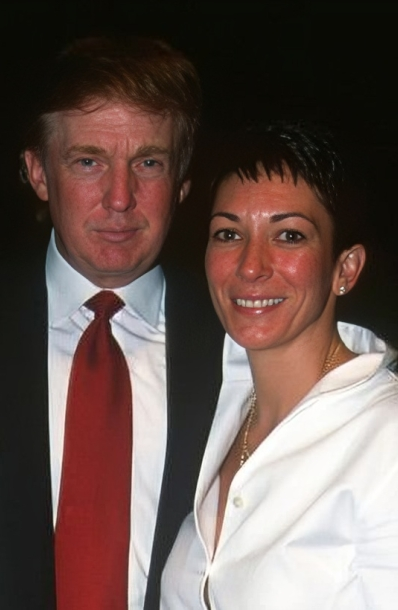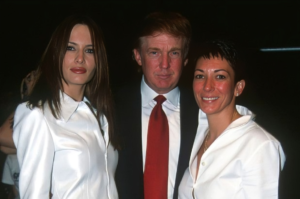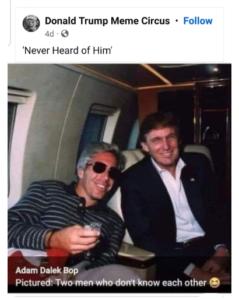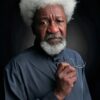Legal Experts Say Donald Trump’s Admission to Knowing an Epstein Victim Raises Serious Criminal Liability. Details.
Legal Experts Say Donald Trump’s Admission to Knowing an Epstein Victim Raises Serious Criminal Liability. Details.

In the USA.
The news as it trends.
Crime & Punishment.
President Donald Trump’s recent acknowledgment that he personally knew Virginia Giuffre—one of Jeffrey Epstein’s most well-known victims—has reignited public outrage and sharpened the spotlight on his connection to the disgraced financier.
Speaking to reporters in Scotland, Trump confirmed that Giuffre had worked at Mar-a-Lago and claimed she had been “stolen” by Epstein—a comment that mirrors Giuffre’s own account of being recruited by Ghislaine Maxwell at just 17 years old.
His phrasing stirred controversy. By referring to Giuffre as someone Epstein “stole,” Trump used transactional language that many critics found dehumanizing, especially given the gravity of Giuffre’s allegations of trafficking and abuse.
Legal experts are raising concerns over whether Trump’s statement could carry criminal implications. If he knew Epstein was targeting underage girls and remained silent, that inaction could potentially be viewed as negligence or complicity.
Further intensifying the controversy is Trump’s refusal to rule out a pardon for Ghislaine Maxwell, who was convicted of sex trafficking minors—hundreds of them, some reportedly as young as 13.
Analysts warn that pardoning Maxwell would not only undermine the integrity of the justice system but also retraumatize survivors.
Recent reports suggest Maxwell has held discussions with the Department of Justice under limited immunity, indicating she may be cooperating with investigators.
Limited immunity allows her to speak freely without her statements being used directly against her in future prosecutions.
Adding another layer of intrigue, Jeffrey Epstein’s brother, Mark Epstein, has indirectly suggested that Trump “has everything to do” with Jeffrey’s death.
On popular YouTube programs such as Nancy Grace, Mark alleged his brother once warned, “If I say what I know about Trump, they’d have to cancel the election.”
He also cast doubt on the official suicide ruling, pointing to missing surveillance footage and implying foul play.
These suspicions have drawn increased public attention, especially after a series of unexplained deaths involving key individuals linked to Epstein’s case.
Virginia Giuffre, after years of relentless advocacy, was reportedly found dead on her farm in Australia in April 2025—a heartbreaking end for someone who had spoken so vocally about her survival.
Jean-Luc Brunel, the French modeling agent accused of procuring girls for Epstein, died by suicide in a Paris prison in 2022.
Epstein’s former house manager, Alfredo Rodriguez, succumbed to mesothelioma in 2015, not long after attempting to sell Epstein’s infamous “black book” of contacts.
Investigative journalist John Connelly, who had been digging deep into Epstein’s network and possible political ties, died under unclear circumstances in 2021—his death sparking further speculation and strengthening perceived connections among these tragedies.
Notably, none of these individuals had expressed suicidal ideation before their deaths, raising disturbing questions about the forces at play behind the scenes.
According to The Wall Street Journal—a paper owned by News Corp, which is controlled by Rupert Murdoch (also the owner of Fox News)—Trump’s name has appeared repeatedly in Epstein-related files.
Trump has denied the Journal’s reporting and is pursuing a $10 billion defamation lawsuit against Murdoch and the journalists involved, who continue to stand firmly by their work.
Meanwhile, his administration’s decision to withhold further disclosures has sparked bipartisan backlash—not just on social media, but among the American heartland and communities across the country.
As calls for transparency grow louder, Trump’s admission to knowing a trafficked victim, paired with his past praise of Epstein, leaves many asking: What did he know? When did he know it? And why did he choose to stay silent?
Yetunde B reports for Yeyetunde’s Blog.






















Leave a Reply